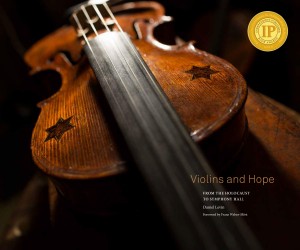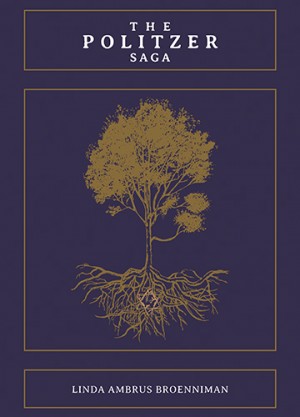In Time’s Echo, music critic Jeremy Eichler has brought together his deep appreciation for classical music and his scholarship as a cultural historian to reflect on one of the darkest periods in world history.
Eichler closely examines the lives and work of four of Europe’s preeminent composers: Benjamin Britten, Arnold Schoenberg, Dmitri Shostakovich, and Richard Strauss. Their music tells the tragic story of how their lives were disrupted by the rise of Nazism. It also touches on the victimization of the arts and the destruction of Enlightenment ideals and European Jewry as a whole. Focusing specifically on Britten’s War Requiem, Strauss’s Metamorphosen, Schoenberg’s Survivor from Warsaw, and Shostakovitch’s “Babi Yar” symphony, Eichler’s book “attempts to open up new perspectives on the wartime past.” At the same time, the author is careful to point out that these composers are not a means to understanding the full history of the period.
Eichler’s work also asks readers to consider two broader questions. First, it demands that we consider how we might connect to history in new ways. Second, it asks how music specifically may serve as a medium through which this history comes alive, transformed from a recording of the past to a moment of remembrance.
While readers will benefit from a familiarity with classical music, it is not critical to understanding Eichler’s argument. He supplements his analysis with secondary sources that deepen and broaden his study of the music, the historical context of its composition, and the lives of its composers. As a result, Time’s Echo has been recognized as a groundbreaking work. It is the recipient of three National Jewish Book Awards and was selected as the winner of History Book of the Year by The Sunday Times of London. Additionally, The New Yorker, The New York Times, and National Public Radio have all called it a notable book for 2023.
Eichler’s unique approach to exploring history will likely compel readers to listen to these compositions for the first time or anew, empowered by a more nuanced understanding of their importance. This particular music represents how composers continue to use their gifts to communicate their lives and losses, and to create timeless memorials to some of history’s worst atrocities.



